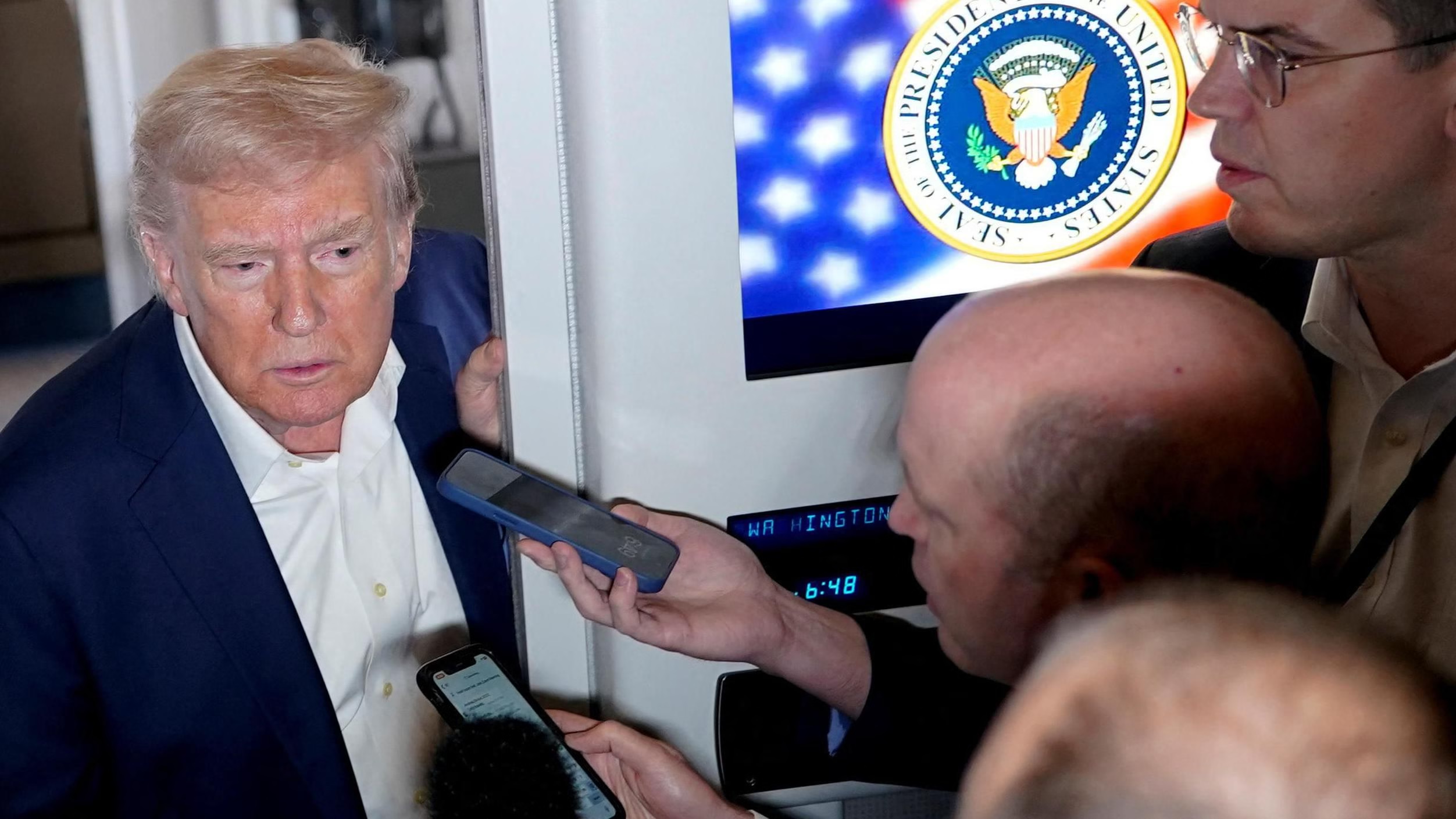In a significant move aimed at easing consumer impact, the Trump administration has announced that smartphones, computers, and a range of other electronics will be exempt from newly imposed “reciprocal” tariffs. The decision comes as a relief to American consumers and tech companies concerned about the soaring costs of high-tech products.
According to a notice released late Friday by the US Customs and Border Protection office, the exemptions apply to various electronic goods and components entering the United States from China, which were otherwise subject to a steep additional 145% tariff. Semiconductors have also been excluded from both the general 10% “baseline” tariff and the recently introduced 125% tariff specifically targeting Chinese imports.
These exemptions represent a narrowing of the broad tariff measures announced earlier this month by President Donald Trump. The administration has argued that the tariffs are part of a strategy to correct what it considers unfair trade practices by China, with the latest round of levies aimed at key Chinese exports.
The 125% tariff, which took effect this week, builds on a previous 20% penalty imposed over China’s alleged involvement in fentanyl trafficking, bringing the total tariff burden for many products to at least 145%.
Many of the excluded items, such as computer processors and hard drives, are not produced domestically. While President Trump has positioned tariffs as a tool to encourage American manufacturing, experts suggest it could take years for domestic production to reach levels capable of replacing foreign supply.



